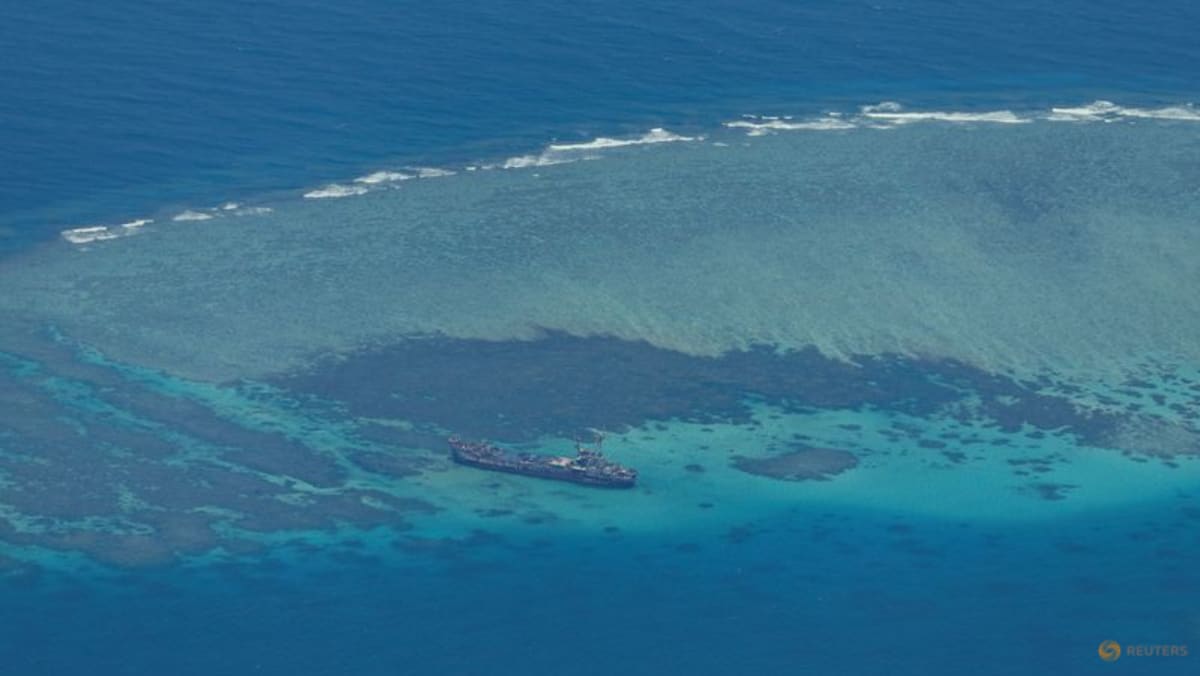TOKYO : Tokyo Gas has identified assets, including from its vast real estate portfolio, to be sold to fund growth investments, its president said, as the company faces pressure from U.S. activist investor Elliott Management.
Elliott, one of the world’s most influential activist investors, purchased a 5.03 per cent stake in Tokyo Gas last year, urging Japan’s top city gas provider to boost shareholder value by selling some parts of its extensive real estate portfolio.
“We’ve identified assets that should be sold to fund necessary growth investments, not limited to real estate, to enhance corporate value,” President Shinichi Sasayama told Reuters in an interview on Wednesday.
The company may use the funds for growth investments or shareholder returns, he said, declining to comment when disclosures could be made. The utility typically unveils plans for the next fiscal year either in March or during its earnings announcement.
Sasayama declined to comment on interactions with Elliott but emphasized that the utility is taking diverse investor feedback into account, with some seeking solid investment for growth and others advocating for improved asset efficiency.
“It will be difficult to satisfy the needs of all investors, but we will do what we think we should do”, he said.
Shares in Tokyo Gas surged over 20 per cent following the news Elliott became a shareholder on Nov. 19, but are now up about 9 per cent since then.
The utility aims for a return on equity (ROE) of 8 per cent or higher in the year ending March 2026, up from around 4.8 per cent projected for the current year, and announced a 40 billion yen ($256 million) share buyback plan in October.
Elliott believes Tokyo Gas could free up capital to bolster shareholder returns and invest in growth by divesting some non-core assets, including a building housing the Park Hyatt Tokyo hotel and land in Toyosu where the city’s biggest fish market is located, a source familiar with the matter said in November.
Tokyo Gas’s recent securities report values its real estate assets at 580 billion yen, far below Elliott’s estimate of over 1 trillion yen, according to the source.
Sasayama declined to comment on a Reuters report of talks with Woodside Energy over a stake in a Louisiana liquefied natural gas export project, but said: “We aim to connect our gas value chains in North America and link our trading operations in Japan and Asia with those in the U.S. … We would consider investments if they align with our vision.”
($1 = 156.3100 yen)














